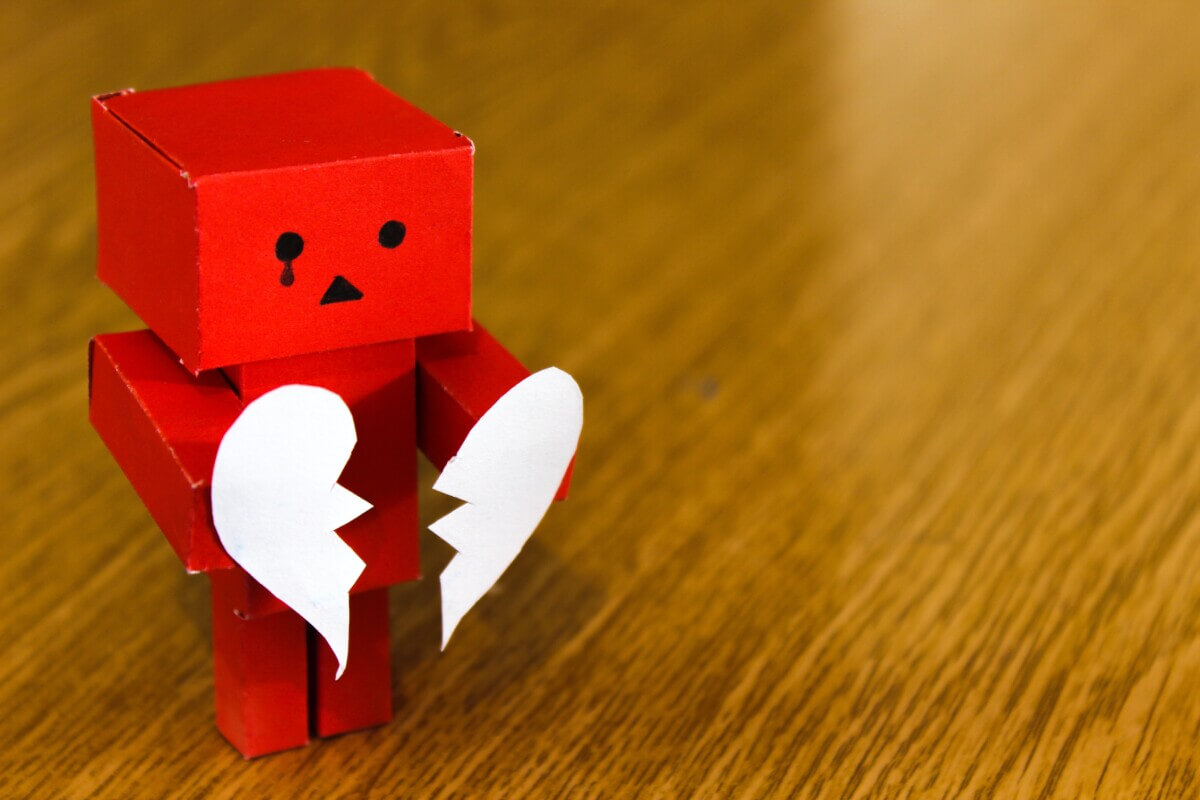
Photo by burak kostak from Pexels
ABERDEEN, Scotland — Scientists in Scotland are testing the first ever medical treatment for a broken heart.
Takotsubo cardiomyopathy — or broken heart syndrome — affects thousands of people each year, with estimates finding that it may be the cause of one to two percent of all heart attacks. Women are far more likely to experience the condition than men, according to previous studies.
Currently, there is little evidence of an effective therapy that helps alleviate symptoms or helps people dealing with a broken heart live longer. Now, researchers at the University of Aberdeen are conducting a trial of exercise conditioning and psychological therapy for people experiencing Takotsubo cardiomyopathy.
The study will span three years, thanks to a grant from the British Heart Foundation. The new trial will recruit 90 people from across Scotland within three weeks of doctors diagnosing them with this condition.
Could there be a ‘one-size-fits-all treatment‘ for the heart?
Participants will either take part in personalized exercise conditioning, cognitive behavioral therapy, or skip either activity as part of a control group. Researchers will carry out detailed heart investigations after three months.
“Takotsubo cardiomyopathy, or broken heart syndrome, remains a comparatively poorly understood condition,” says Dr. David Gamble in a university release. “It is vital that we develop a high-quality evidence base to guide clinicians in the management of this condition.”
“In many clinical intervention trials, we are attempting to make incremental improvements to existing treatments, but as broken heart syndrome is at such an early stage there is no established treatment to use as a base.”
“We already know that cardiovascular disease affects men and women in different ways, so there is no reason why a one-size-fits-all treatment should work for broken heart syndrome,” adds Professor Dana Dawson.
“After so long spent researching this condition, it is great to be taking this huge step towards developing a standardized treatment for it and we look forward to seeing the results in due course.”
“Takotsubo syndrome is a sudden and potentially catastrophic heart condition which has only been recognized in recent years. As such, these trials to find the first ever treatment for the condition are a huge step forward and will play a significant role in increasing our understanding of this neglected area of cardiology,” concludes Professor James Leiper, Associate Medical Director at the British Heart Foundation.
South West News Service writer Ellie Forbes contributed to this report.











I've recently learned that there exist neural cells on the heart, which explains much.
I had it recently and I sympathize with all of those whom have experienced much greater losses than I.
The best thing I've learned about how to treat a broken heart is a good, long, swallowing B J.
Now if they could only cure democrat TDS.
WOW—was that ever impotent
Lost my husband of 45 years and felt hopelessly alone....no one but Jesus could feel the void in my heart. I spend my life in worshipping Him and helping others who are willing to let me in.
My sister who was grieving infertility at 41 had a fatal heart attack mimicking Takasubo Cardiomyopathy. Within 5 minutes if the Dr telling her she may look Into a surrogate, adopting an embryo or pursuing foreign adoption as she tried a fost-adopt program through DCHS, bonded with the baby to have her taken at 11mo. After that, she couldn't speak for months, attempted to OD, lost her 17 year old and an autoimmune condition dormant for 20 years attacked her kidneys, brain and adrenal and cardio function. If she suffers another cardio event, mortality is up to 40%. At almost 50, her options are limited. But, the alternative is at best 5-10 more years. My parents are aging, they took out a reverse mortgage to pay for my IVF ($68,000) as well as sell an investment property as at my age 47, I may get 10 years, maybe 20. It's all I want, the opportunity arose. I had spent years wanting this. And now, at 47 it's fiscally, emotionally and mentally not even an option.
I will be blessed if I make 55 and that's all I want. Alone, no support, no family.....this is the thing I've always known would make or break me. 3 years ago, different story. I failed by investing in my success. Or desire for a successful life. I enjoyed that from 19-44. I'm content. With what's to come, it would be a blessing to make 55. I'd leave not a sould behind and that's how I justify never meeting my one life goal. I knew it would wreck me. And it has and always will.
My dog died, last year at age 17. I wanted to get another dog, but I left myself open for a child. Stupidly. $68,000, plus another $3,400 per cycle for fertility meds. $12,000 for a lawyer as I was using a known donor. And now, I have not a single thing to show for any thing I've ever done, my two masters degrees, the several hundred dollars I had saved, I don't own a home, a car and my debt is prohibitive from me. Even getting a lease on a car. I expect to be homeless in about 9 months. That's no way to raise a child, and so it all work out.
Fascinating. I feel like this is such a misunderstood condition. I'll be interested to see if this treatment works well for others.